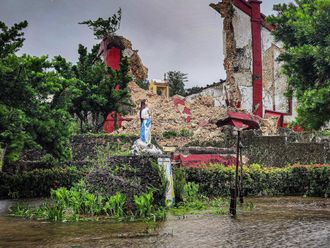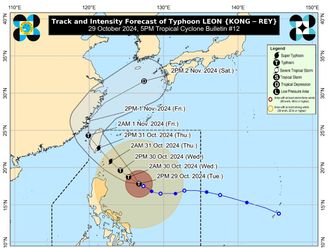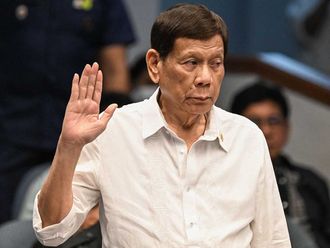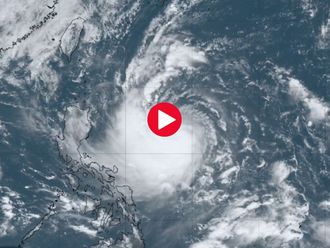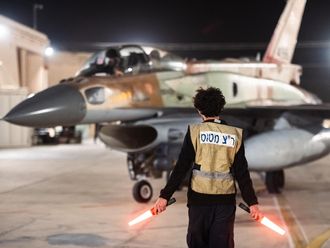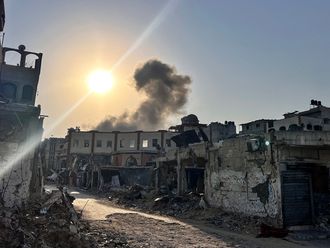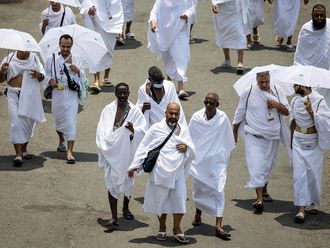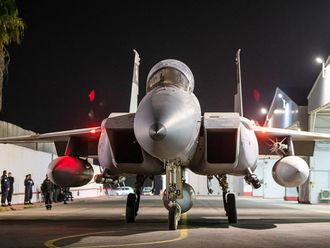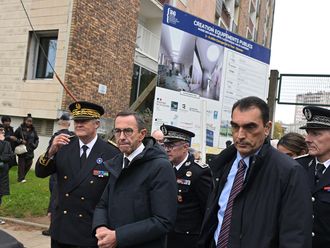Manila: The Supreme Court was asked on Wednesday to reverse its ruling on December 14, which allowed the son of a former senator and six other scions of rich families to leave prison 15 years after they served term for the killing of a mother and two daughters in a southern suburban subdivision in 1991.
Lauro Vizconde, 80, submitted an 84-page motion for reconsideration which said that the Supreme Court ruling which freed Hubert Webb and his companions, despite their conviction in a lower court in 1995, should be exempted from double jeopardy (or being accused of the crime for the second time).
Vizconde’s lawyer cited the 1987 Supreme Court ruling which allowed the holding of a retrial of the murder case of former Senator Beningo Aquino and the fall guy, Rolando Galman, at the tarmac of the Philippine airport in 1983.
At the time, the Supreme Court said the acquittal by the Sandiganbayan (an anti graft court) of the accused such as government soldiers and police airport escorts, for the double murder, was a mistrial.
Thus, a new trial was allowed in 1987. “The soldiers were again incarcerated, indicted, and subsequently convicted by the Sandiganbayan for the murder of Aquino and the fall guy," said Vizconde.
Aquino’s death in 1983 sparked strong sentiment against former dictator Ferdinand Marcos. It paved the way for the people-backed military mutiny that ousted Marcos and elevated to the presidency Mrs. Corazon Aquino in 1986.
"When the Supreme Court allowed the holding of another trial of the Aquino murder, it was an exception to the rule on double jeopardy,” explained Vizconde.
Webb was accused of raping and killing Carmela Vizconde, then 18, in her home in suburban Paranaque on June 30, 1991. The young Vizconde’s mother, Estrellita, 47, and sister, Jennifer, 7, also died during the incident.
The elder Vizconde said the Apex Court committed a "grave error" by concluding that star witness Jessica Alfaro was not a credible witness.
The High Court was “inclined to believe the alibis of the accused, especially Hubert Webb's (who said he was in the United States when the incident occurred),” complained Vizconde, adding the alibi was thrown out by the lower court because of witnesses other than the star witness, who saw Webb in the Philippines when the crime was committed.
"At the very least, there must be a re-deliberation of the case," said Webb who was accompanied by Public Attorney's Office head Persida Rueda-Acosta. Acosta is Vizconde’s distant relative.
“Mr. Vizconde is an indigent because he lost his source of income,” explained Acosta, whose office provides legal assistance to poor people.
Meanwhile, Vizconde asked the justice department to admit under its Witness Protection Program five new witnesses to the Vizconde massacre case, said Justice Secretary Leila de Lima.
This information came from the head of the Public Attorney’s Office (PAO), said de Lima.
Earlier, President Beningo Aquino called for the reinvestigation of the Vizconde massacre in an effort to look for the killers, if indeed, those who served term were allegedly not guilty of the crime.
In January 2000, the regional trial court of Parañaque convicted Webb and his six companions of the crime. In 2005, the Court of Appeals upheld the lower court’s ruling.
A former policeman was sentenced to 12 years for being an accessory to the crime for destroying evidences in the case. He was released early December this year.
Two other co-accused, Artemio Ventura and Joey Filart, remained at large.
Last December 14, seven Supreme Court justices voted for the acquittal of Webb and his six companions who were implicated in the Vizconde massacre. Four rejected the ruling and four others abstained.
The Supreme Court also said that the prosecution failed to prove 100 percent the liability of the accused in the crime. When Congress approved DNA samples as evidence in court, Webb, the accused, asked that he would undergo DNA test for comparison with the sample of semen that was taken from the victim in 1991. But the lower court and the National Bureau of Investigation (NBI) could not locate the sample.


